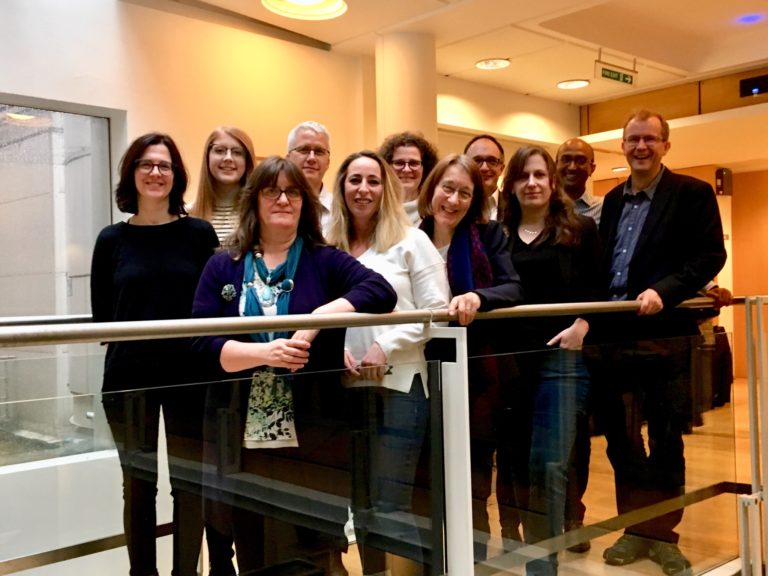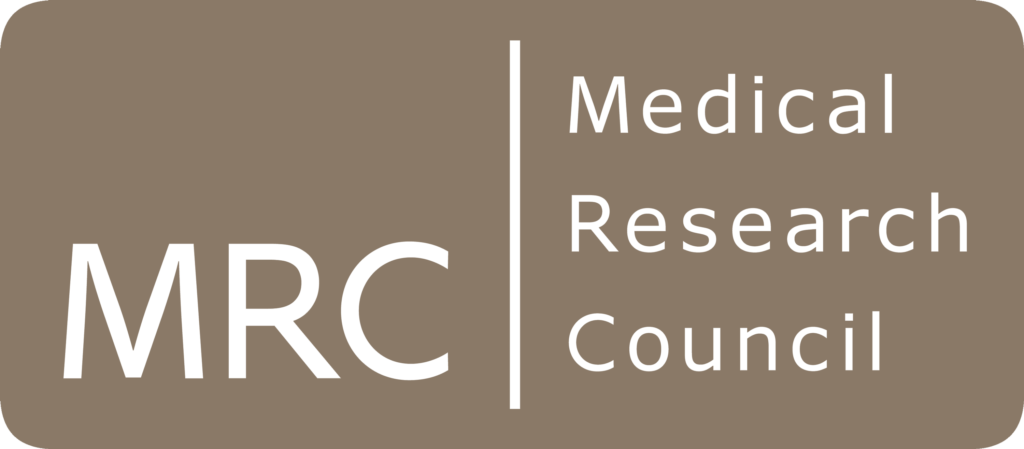New study of over 5,000 young people will create biomarker tests to personalise treatment for childhood arthritis
Posted on March 29, 2018


The initiative is one of four ‘stratified medicine’ projects being funded by the MRC, which is investing £15 million in studies that will establish ground-breaking approaches in treating prostate cancer, kidney disease, alcoholic hepatitis and childhood arthritis. Stratified medicine, also referred to as personalised medicine or precision medicine, is an emerging approach for disease diagnosis and treatment that considers patients’ genes, environment and lifestyle to create tailored therapies instead of a one-size-fits-all approach.
Childhood arthritis can cause long-term disability and poor quality of life – sometimes well into adulthood. If it isn’t diagnosed and treated early, patients may require hip and knee replacements, are significantly shorter than their peers, and some end up in wheelchairs. For those patients who also have uveitis, a condition where the inside of the eyes become inflamed, there is also a significant risk of vision loss and blindness.
Currently, young people diagnosed with arthritis in the UK are given a single drug therapy, but it works in only about 50% of cases. The remaining half must try other treatments, one after the other, to find a therapy which works for them. Along the way, they may experience painful side effects, time out of school and even a worsening of their symptoms.
Ultimately, the researchers in the trial hope to identify a simple biomarker test that will:
- Pave the way to new treatment options, identifying potential new therapies and eventually the trialling of new drugs which work better with fewer side effects
- Help doctors define the right medication for the right duration for each individual patient on the first try. Identifying the right treatment ensures symptoms are managed and that the condition doesn’t develop into lifelong disability
- Identify which children are at risk of uveitis, a serious eye-inflammation which affects 15% those with childhood arthritis. Currently, patients visit eye specialists every three to six months to screen for this secondary condition that can lead to blindness
- Project long-term outcomes for these children – scientists will track patient health over decades, so they can better predict what may be ahead for these children
Lead researcher Prof Lucy Wedderburn: "Using a stratified medicine approach could be a gamechanger in childhood arthritis and its associated uveitis. A biomarker test could lead to methods for accurately predicting the right treatment for the right duration, halting the worsening of symptoms and leading to shorter time to remission. Nothing like that has been done before in this area of research."
Eilean MacDonald, an 18-year-old patient, who was diagnosed with childhood arthritis as an 18-month-old baby, is taking part in the study. It took years of trying various medications until she found the right treatment to alleviate her symptoms. She’s now on crutches and requires an ankle replacement this summer.
MacDonald said: “When you think of arthritis you see a 70-year-old lady with stiff hands, not an 18-month-old baby or a teenager. People don’t believe children can get arthritis but we do. I’ve missed school and had to quit activities I loved because of my condition.
“This research is so important – it could mean the next generation of kids with childhood arthritis won’t have to go through what I did. They could have the right therapy handpicked for them, reducing the impact it has on their lives. They could have even one piece of their life that’s more consistent and predictable while living with this disease.”
Professor Sir John Savill, Chief Executive Officer at the MRC, said: “Stratified medicine is reshaping the medical landscape by taking a patient-first approach that looks at how – and why – different groups of patients respond differently to therapies. Instead of looking for a ‘one-size-fits-all’ solution, stratified medicine is increasing what we know about diseases and how they affect individuals, and applying these findings to current tools in diagnostics and treatment to improve health outcomes. I am particularly pleased to see the potential benefits of this research approach extended to children with a life-changing condition.”
Dr Natalie Carter, head of research liaison and evaluation at Arthritis Research UK, said: “Twelve thousand children in the UK have juvenile idiopathic arthritisopens in new window (JIA), and this can have a significant impact on their physical, emotional and social well-being. In addition to the pain they experience, over 50% of these children may go on to have severe limitations in movement as adults, limiting their ability to carry out every day tasks. By working in partnership, we can all make a bigger difference for these children living with such a debilitating condition. We are excited to see the results of this project in the future.”
The Stratified Medicine Initiative is a major part of the MRC’s research strategy. Whether described as stratified, precision or personalised medicine, the research will provide new insights into disease mechanisms to enable better tailoring of existing treatments, and pave the way for the development of new treatments, diagnostics and care pathways.
*The CLUSTER study includes collaboration with the UCL Institute of Ophthalmology, and scientists from Manchester, Liverpool, Cambridge, Bristol and London. CLUSTER is receiving additional co-funding from GOSH Children’s Charity and Olivia’s Vision, the sole UK charity dedicated to providing information and support to families and patients diagnosed with uveitis.
The other funded projects include ReIMAGINE, which is developing better screening for prostate cancer; NURTuRE, which is building kidney disease-specific cohorts to rethink the way new drugs are developed and trialled; and a study on alcoholic hepatitis, which is aiming to develop biomarker tests to quantify risk and improve management of the disease.
